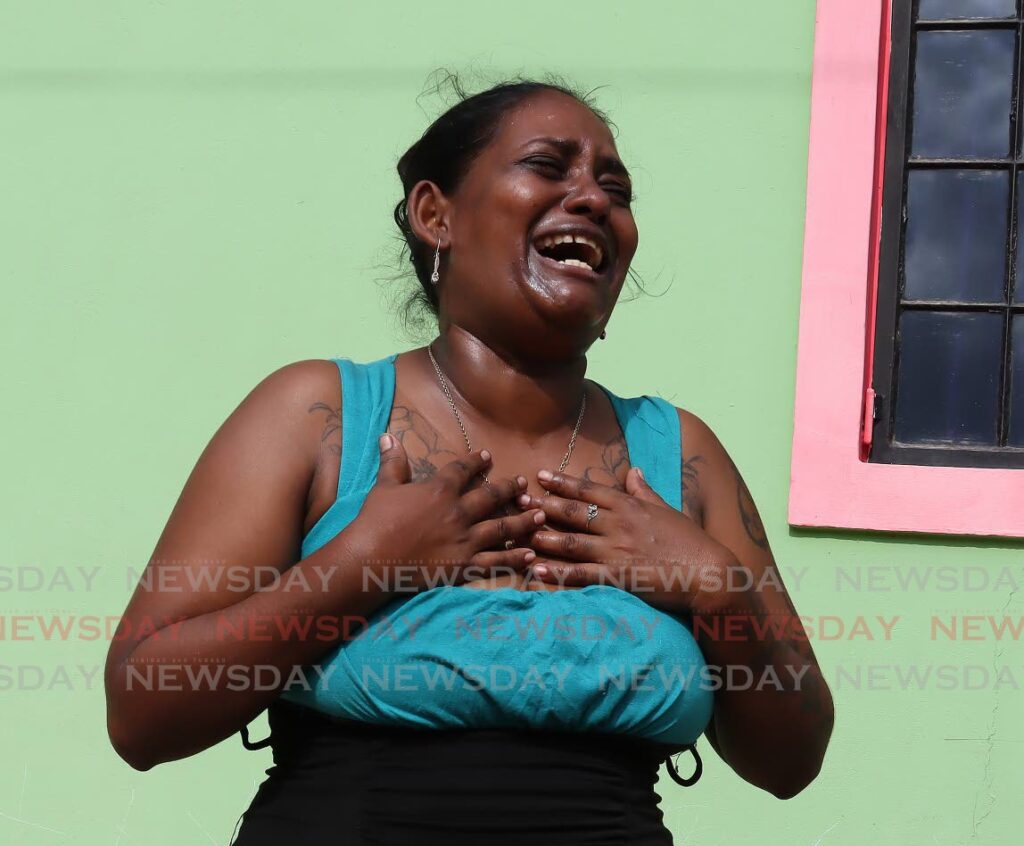Children held captive by trauma

IF THE TRAUMA of having a loved one fall prey to murder is inconceivable to you, imagine what it must feel like for a child to experience such an ordeal.
The relatives of Iko Callender, 29, who was gunned down in Chinapoo, Morvant, on Friday night, don’t have to imagine. They know. They have witnessed the coping mechanism devised by Mr Callender’s six-year-old daughter to deal with her father’s death.
“She says he is looking down at her already,” one relative said.
The experience of this family raises the question of what exactly can and is being done to help individuals dealing with the aftermath of crime. What is being done in relation to the minors who are, increasingly, witnessing killings?
Psychological trauma not only hurts minors, but it also changes them permanently.
A growing body of research suggests such trauma can bring about long-term changes in the nervous and endocrine systems. Individuals with severe trauma histories are at higher risk of behaving violently.
The common resort to offering “counselling,” seen in this context, may not be enough. That should be the start of long-term interventions and systems of support.
Covid19 has already created a missing generation in terms of education, but crime, over the decades, has annihilated the peace of entire communities. It has stolen the futures of so many left in its wake.
There have been almost 120 murders for the year thus far, compared to about 110 for the same period last year. These numbers, however, are more than just numbers. Behind each is an entire family thrown into disarray, their hopes, dreams and expectations shattered.
We might say it is of little use asking what the State does for relatives of victims when so many people are reluctant to accept help.
We might ask what more can the State do given the fact that a single murder already represents a stunning failure on the part of authorities.
We might point to the logistical problems involved in dealing with families who often are forced to go into hiding because their relatives have been targeted or because they do not feel safe.
None of this addresses the fact that, by this stage in our country’s awful history of violence, the psyches of thousands of individuals have been damaged to a degree that is yet to be fully reckoned with.
The alarm recently raised about the overwhelming of the Children’s Authority, as well as the nascent status of police units ostensibly charged with these matters, should prompt officials to take stronger action to tackle this issue holistically.
Otherwise, the biblical prophecy of Deuteronomy might well come to pass: “You shall have sons and daughters but they will not be yours, for they will go into captivity.”


Comments
"Children held captive by trauma"